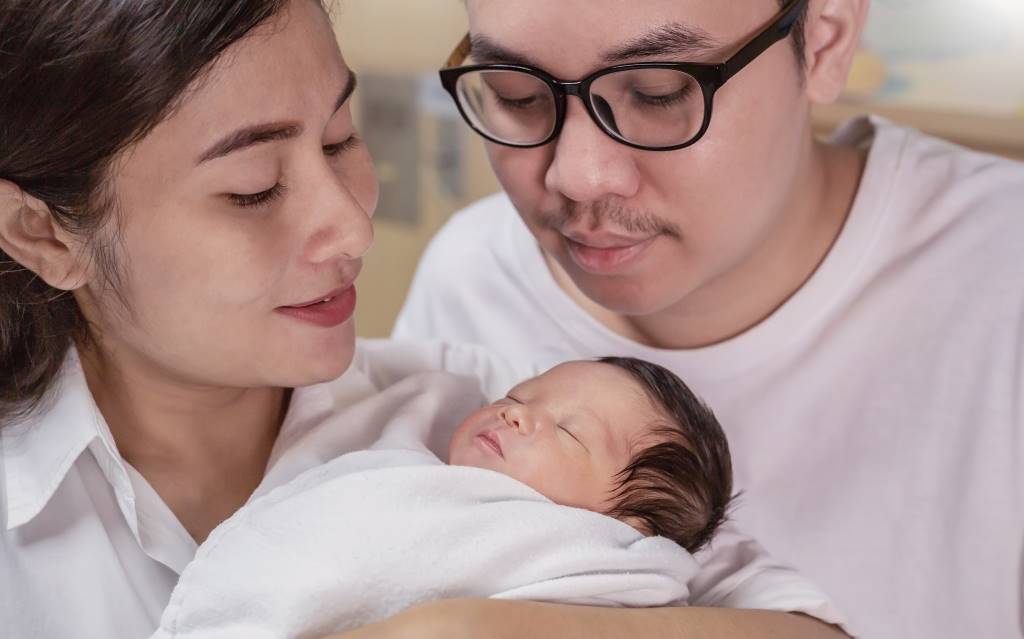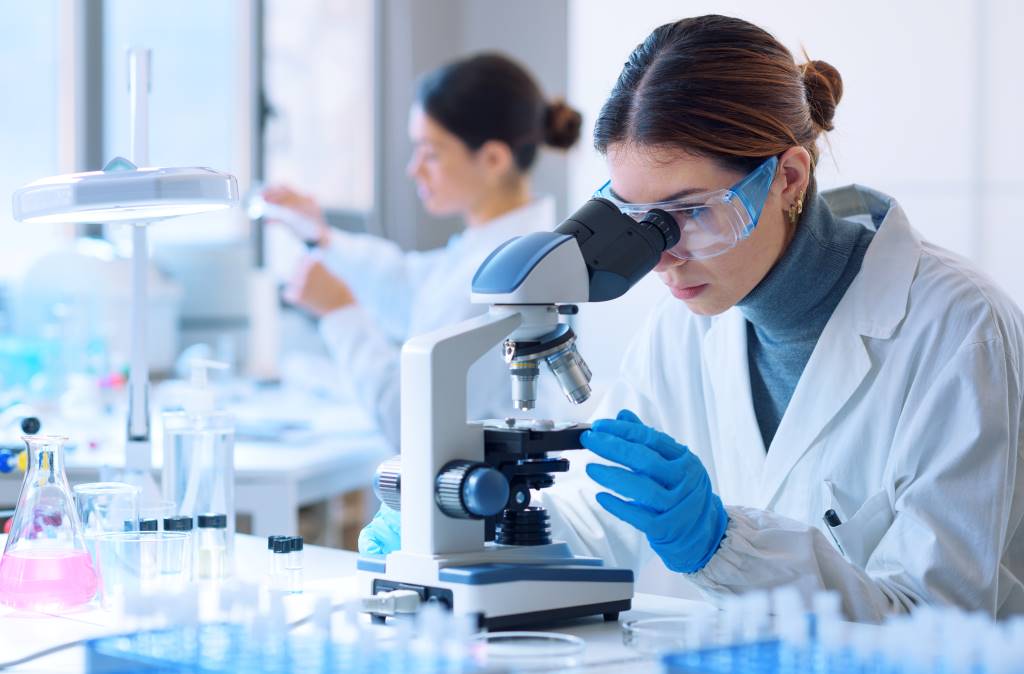
Everyone hopes for a healthy baby. But when a parent has a known genetic disease in their family medical history, it can cast a dark cloud of uncertainty on the subject of starting a family. The V-Fertility Center in Bangkok, Thailand, uses a process called preimplantation genetic diagnosis (PGD) to determine the health of a future baby before it’s conceived. By having PGD performed as part of the IVF process, it can eliminate any uncertainty from the act of conception and make it the joyful experience it was always meant to be.
Preimplantation genetic screening (PGS) is performed simply to ensure the genetic health of the future baby for parents with no known genetic diseases. It’s often used by parents who feel that this may be their final chance at conception for various reasons. They want to give their unborn child the best chance in life, and PGS helps ensure that.
Couples who are unaware of their family’s medical history are encouraged to undergo genetic screening before attempting to conceive a child.
PGD is Part of the IVF Process
PGD is most often included as part of the IVF process. It’s used as a safeguard to ensure that the fetus implanted into the uterus is healthy and free of any genetic diseases the parents may have had in their family medical history.
In practice, PGD is a careful examination of any abnormalities of the embryo at the genetic level. The fact that a parent may be aware of a known congenital disease in their family’s medical history gives the doctor a place to start.
How is PGD Conducted?
One of the facts of IVF is that only unaffected embryos are transferred into the uterus. This means that PGD is conducted while the embryo is still in the lab. It’s an alternative to post-conception diagnostic procedures, such as chorionic villus sampling or amniocentesis.
The ability to test for genetic viability before being transferred into the uterus would spare the couple the chance of pregnancy termination if the embryo was found to have harmful genetic factors. PGD and PGS are currently the only two diagnostic options to ensure the health of an embryo before it’s implanted into the uterus.

The way that PGD is performed is that one or more cells are removed from an embryo while the embryo is still in the lab. The cells are then sent for genetic testing. The testing is generally done when the embryo is between three and five days old.
The testing can involve different techniques, including fluorescent in situ hybridization (FISH) and single-nucleotide polymorphism (SNP). Newer techniques, including microarray and genome testing, are more common methods of genetic testing.
Today’s testing methods enable specialists to determine whether an embryo is normal and doesn’t have diseases or is affected and carries diseases. But it also can determine if the embryo is an unaffected carrier of a certain disease. An unaffected carrier is someone that will be unaffected by the disease but has the possibility of passing it on to their future children.
A Karyotype is another type of genetic test that focuses on the chromosomes. The test can determine the number of chromosomes in an embryo. If an embryo has fewer or more than 46 chromosomes, it can result in disorders such as Down syndrome. The test can also check for chromosomes that are out of order. These are called translocations, and can result in function or growth problems.
Visit the V-Fertility Center for PGD in Thailand
The V-Fertility Center offers PGD as part of the fertility services at their hospital in Bangkok. These services include
- Surgical sperm retrieval
- Egg harvesting and freezing
- Infertility screening
- IVF/ICSI treatment
- Intrauterine Insemination (IUI)
- Embryo Scope Plus
If you’re having trouble conceiving, schedule an appointment for a consultation at V-Fertility Center at your earliest convenience. We’ve achieved an 88.61% success rate among the families we’ve treated and we’d love you to join them.

The team of specialists in obstetrics and gynecology and reproductive medicine





No Comments
Sorry, the comment form is closed at this time.